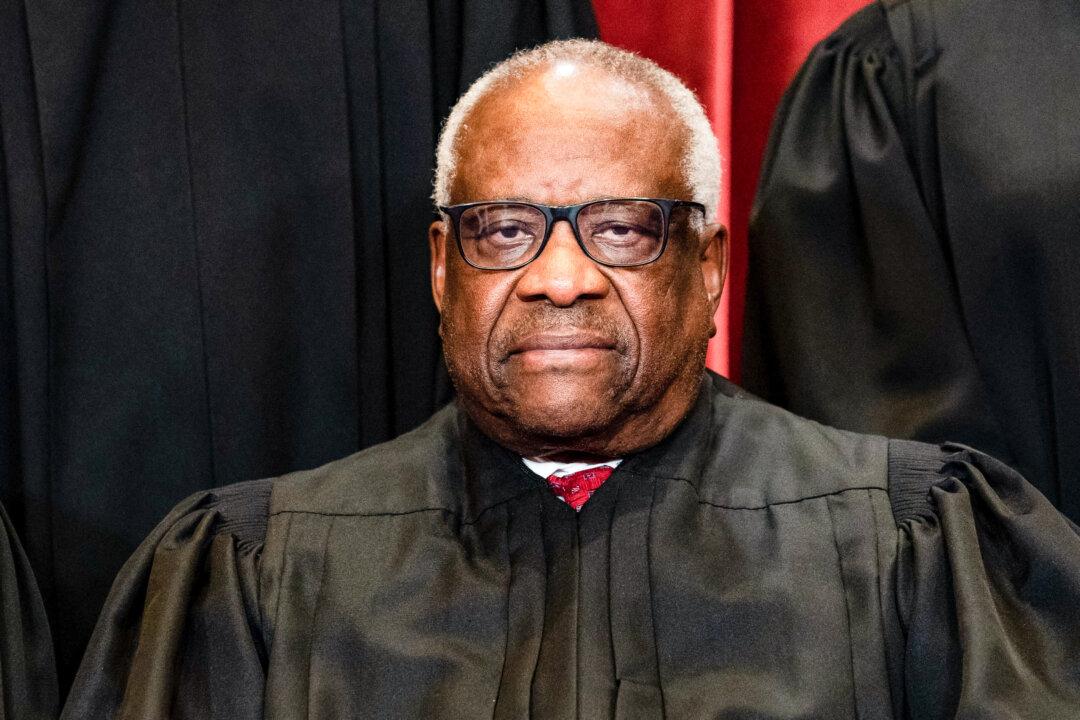Two appeals court judges recently weighed in on reporting around Supreme Court Justice Clarence Thomas and that he and his wife were gifted with trips and vacations from a billionaire friend for decades.
Judge Thomas Hardiman of the United States Court of Appeals for the Third Circuit dismissed the notion of a “scandal” surrounding Supreme Court Justice Clarence Thomas. Last week, left-wing outlet ProPublica published an article in which “experts,” some unnamed, argue Justice Thomas violated disclosure obligations by neglecting to report luxury gifts he received from billionaire friend Harlan Crow.





